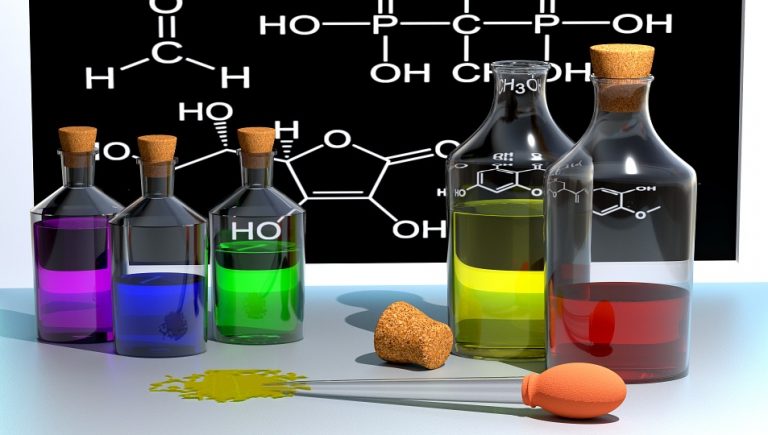Webinar Duration: 90 minutes
RECORDED: Access recorded version only for one participant; unlimited viewing for 6 months (Access information will be emailed 24 hours after the completion of payment)
SPEAKER: Robert Michalik J.D
OVERVIEW:
Medical device regulatory and quality professionals are often responsible for overseeing the development of combination products that include small or large drug “active pharmaceutical ingredients” to achieve the clinical therapeutic effect.
The medical device professional will often take the lead role in overseeing all aspects of regulatory & quality compliance, including CMC aspects, particularly when the “primary mode of action” relates to the device component. Regulatory and Quality engineers are often ill-equipped to manage CMC aspects of projects because they not possess even the basic understanding of the chemical, molecular structural, drug manufacturing process and analytical methods associated with the “active pharmaceutical ingredient” component.
Because subtle chemical issues are integrally related to product performance, it is essential that the RA Lead have a clear understanding of how drug chemistry impacts drug/device performance. What are proper storage and environmental condition for simple molecules, peptides, polypeptides and proteins? How does “Quality by Design” (i.e., design control in pharmaceutical parlance) ensure drug performance, and what are the indicia of drug stability? How should an analytical method be validated to meet FDA CDER requirements? How do drug impurity levels change as the product is combined with the device components? Medical device quality and regulatory professionals need to know the answers to these questions. These questions commonly arise during FDA product evaluation. Anticipate them and have a solid understanding as to how to address them.
In this webinar, you will learn the basics of small molecule and larger molecule (protein chemistry) development and testing. Once a foundation is laid, the discussion will shift to “real world” practical considerations that you must be aware of to spot problems, obstacles that will arise in every product development program.
The ability to fix a CMC problem does not require that you solve it, but rather your ability to spot the issue as it arises and find the subject matter expert to investigate and fix it.
The FDA can spot a CMC-related problem. Can you?
Why should you Attend: Most regulatory, quality and R&D professionals rise within an organization due to their scientific and technical understanding of the products in their company’s pipeline. For design engineers working in the medical device industry, the knowledge they need to support more complex drug/device combination products is lacking. For those who wish to gain insights into the key parameters that define compliance with CMC regulation and drug chemistry, this webinar will provide that knowledge.
Areas Covered in the Session:
– Chemistry 101: A review of the basics
– Molecular structure and its impact on drug activity (smaller molecules behave differently from larger molecules)
– Techniques commonly used in drug synthesis, manufacturing and quality control testing.
– CMC Regulatory Compliance: Brief but comprehensive review of the essentials
– How to spot a CMC-related problem and what to do when you suspect one.
– Case studies that illustrate common issues that arise relating to drug components in combination device products
– FAQs and Essential follow-up reading for those who want more resources
Who Will Benefit:
– Regulatory Affairs professionals
– Quality Assurance professionals
– Marketing professionals
– Scientific and Engineering / Product Development Managers
– Consultants to any regulated industry
SPEAKER PROFILE:
Robert Michalik J.D, RAC, is a Massachusetts regulatory attorney and founder of RegulatoryPro.com, a consulting firm providing general and specialized services to the biopharmaceutical and medical device industries. Mr. Michalik has over 25 years’ experience working in the biopharmaceutical and medical device industries. Starting with a bachelor’s degree in science (biochemistry), Bob has held a wide variety of technical, quality and regulatory positions that literally span the scope of new product development and commercialization activities. Mr. Michalik is former faculty member with Northeastern University (Boston, MA) Master’s Program in FDA Regulatory Affairs



